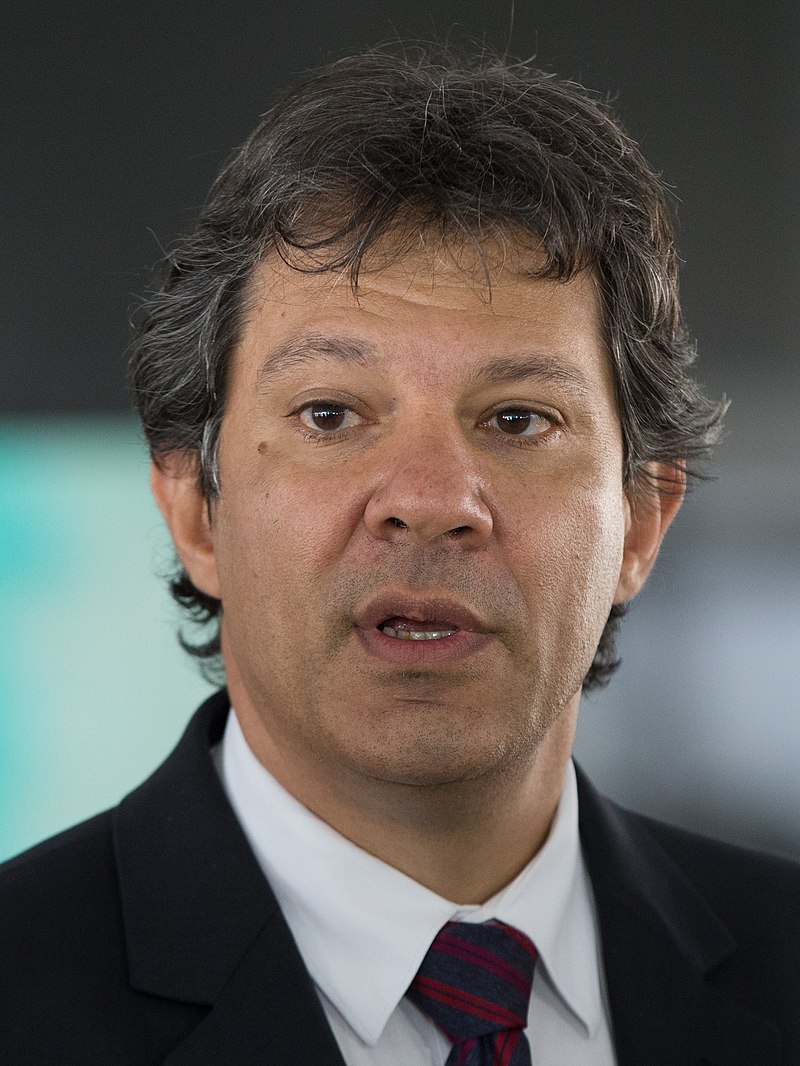NIIGATA, Japan, (Reuters) – Brazilian Finance Minister Fernando Haddad expressed serious concerns today that Argentina’s economic challenges and a major drought there could affect the country’s “political destiny” and usher in an extremist government.
“We are worried because this situation may affect the political destiny of Argentina,” Haddad told U.S. Treasury Secretary Janet Yellen in a meeting on the sidelines of a Group of Seven (G7) finance ministers meeting in Niigata, Japan.
Haddad said Brazil was keeping a close eye on Argentina, where the current drought could reduce exports by 20%, mindful of previous far-right political shifts elsewhere in Latin America.
“We are worried because this situation may affect the political destiny of Argentina, and we have seen on our continent that there has been an increase in extreme-right governments,” Haddad said.
Speaking with reporters after the meeting, Haddad said he raised the issue with Yellen because Argentina needed the assistance of the International Monetary Fund. The United States is the largest shareholder in the global lender.
“A solution to Argentina’s woes has to go through the IMF, and if Brazil and the United States are together in this effort, that will make much easier for Argentina to overcome this crisis,” Haddad said, speaking through an interpreter.
He said he raised the issue because Argentina was an important player in the world and especially in South America.
Japan, which holds the rotating presidency of the G7 this year, invited Brazil, India and Indonesia to participate in this week’s meeting of finance ministers and central bankers.
Asked about Yellen’s comments about G7 members cracking down on “economic coercion” by China, Haddad said Yellen had assured him she had no objections to Brazil’s close trade ties with China.
He said Brazil was also keen to expand trade with the United States and said more trade integration was needed in the Americas.

